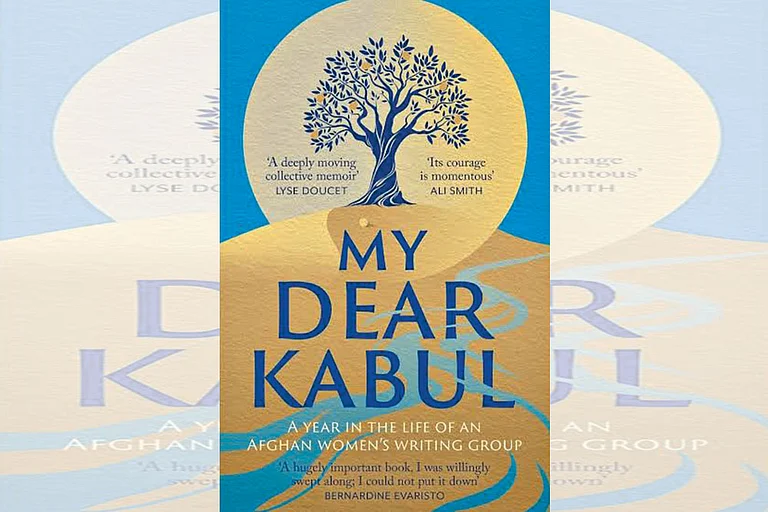Taliban authorities in eastern Afghanistan executed a convicted murderer by gunfire at a sports stadium on Wednesday, marking the sixth since returning to power in August 2021. Signaling a harsh reaffirmation of their strict interpretation of Islamic law, the Taliban has drawn both local attention and international outrage.
According to a report by AFP, the condemned man has been identified as Mohammad Ayaz Asad. He was shot three times in the chest by a member of the victim’s family (the person he killed) in front of thousands of spectators at a stadium in Gardez, the capital of Paktia province. The execution was broadcast publicly, with the Taliban governor's office urging residents to attend the event through social media channels.
An eye for an eye
The execution followed a verdict by Afghanistan’s Supreme Court, which described the act as “retaliation punishment” under the principle of “Qisas” (an eye-for-an-eye retribution).
“A murderer was sentenced to retaliation punishment,” AFP quoted a statement by Afghanistan’s supreme court. The victim's family, although given the option to stay the execution, chose not to intervene. Asad had been in detention for killing Habibullah Saif-ul-Qatal, a man from the same region, before the Taliban's return to power.
The court said the execution order was signed by Taliban Supreme Leader Hibatullah Akhundzada and that the killing was meticulously examined by three military courts. Among those in attendance were high-ranking officials, including Interior Minister Sirajuddin Haqqani, who oversees security and law enforcement across the country.
Public executions making a comeback under the Taliban
Public executions, which were a hallmark of the Taliban's first regime from 1996 to 2001, have re-emerged as part of the group's unforgiving approach to justice. However, according to an AFP tally, the number of executions in second regime is very less as compared to the first regime. However, the recent executions indicate a resurgence.
In February alone, the Taliban executed three individuals publicly within a week, drawing comparisons to their previous rule. In Ghazni, two men were shot in front of a crowd, followed by a similar execution in Jowzjan province.
The Taliban's return to power has brought the brutal practice of corporal punishment back to the fore, including flogging for a variety of offenses, such as theft, adultery, and homosexuality. According to the Taliban Supreme Court data, around 100 Afghans, including women, were flogged in front of onlookers and received imprisonment ranging from six months to two years for such offenses in October itself.
UN and other Human Rights groups condemn the Taliban
The United Nations has been condemning the Taliban's use of public executions, with experts decrying it as a violation of the right to life and cruel, inhuman, or degrading punishment. Amnesty International has expressed concerns over the Taliban's growing use of corporal punishment and the death penalty, urging the regime to halt the executions immediately.
However, the Taliban has turned a deaf ear to international outcry and has constantly justified its actions. The Taliban says that their actions are justified on religious and legal grounds, asserting that they are upholding Islamic law.
Women's rights diminish as repressive policies expand
According to the UN assessments, women’s rights in Afghanistan have deteriorated to an extreme level under Taliban rule, Voice of America reported. The group has implemented a series of decrees that systematically exclude women from public life. Afghan girls and young women have been banned from secondary and higher education, while women are now prohibited from most jobs, except in limited sectors such as healthcare and policing.
Taliban has restricted women’s freedoms in whatever way possible including requiring them to cover their entire bodies and faces in public, and even restricting their interactions with men outside their immediate families. The most recent decree restricts women from speaking or even praying in a loud voice.
The Taliban’s strict moral code has also led to public execution and floggings for women accused of “immoral” behavior. One of the most infamous images from the Taliban’s first regime in 1999 is about the execution of a woman, accused of killing her husband, wearing an all-covering burqa in a Kabul stadium.


























